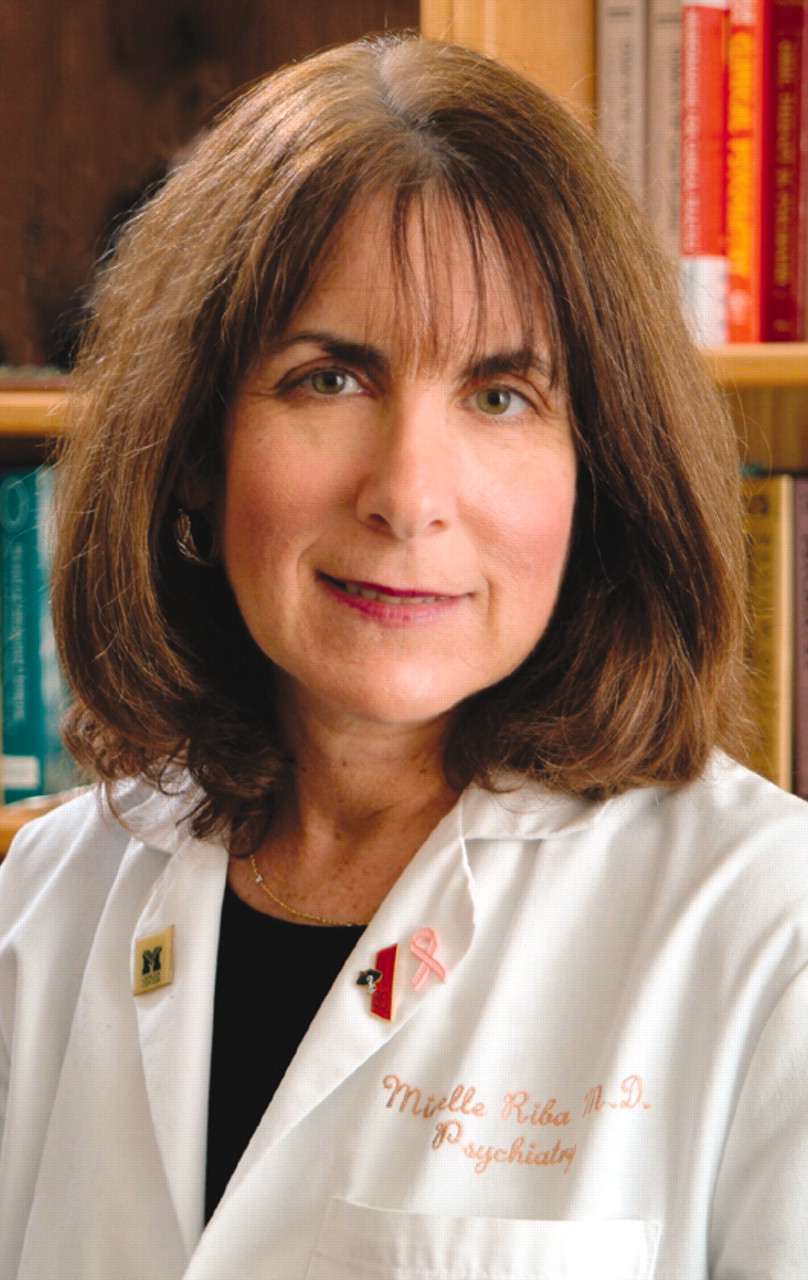Addressing Nicotine Dependence: Come to Annual Meeting Session

Do you routinely ask your patients whether they use tobacco products? And if they say yes, do you encourage them to quit and steer them to smoking-cessation treatment or services?
Nicotine dependence is an issue that psychiatrists should address with all patients who smoke. It is the most common type of co-occurring mental illness and addiction and the most common addiction among substance abusers who use more than one drug.
To get a sense of the pervasiveness of nicotine dependence, consider that the rate of tobacco dependence among physicians is reported at between 3 percent and 10 percent. That compares with rates of 21 percent for the general population and 50 percent to 95 percent for psychiatric patients. In fact, 44 percent of all tobacco use in the United States is by individuals with psychiatric disorders, making them a significant and disproportionately large part of the commercial tobacco market, according to Lasser et al. in the November 22, 2000, JAMA. This population-based prevalence study, drawn from National Comorbidity Survey data, also found that the rate of smoking was 76 percent for individuals with a past or present mental illness, compared with a rate of 23 percent for those with no lifetime history of mental illness.
A number of studies have shown that, compared with the general population, smokers with psychiatric disorders are at increased risk for tobacco-linked medical illnesses and death. Moreover, people with schizophrenia—80 percent of whom are estimated to be smokers—experience cancer and cardiovascular and respiratory diseases at rates that are twice as high of those of age-matched controls.
There may be unique biological, psychological, social, and treatment-setting factors that account for the increased vulnerability of individuals with mental illness to start and continue smoking, but we need to work toward policy and mental health system changes to encourage patients to abstain from smoking and get treatment for their addiction. Perhaps the greatest barrier to immediate change is an attitude among patients and their families that tobacco use is not a serious problem. In addition, mental health professionals, psychiatrists, and family advocacy groups have not been vocal in demanding smoking-cessation treatment for smokers with mental illness, and many advocacy groups have continued to lobby for exemptions to smoke-free-air requirements. A number of studies have found that treatment for tobacco addiction is largely ignored, delayed, or discouraged in psychiatric treatment settings. For example, one study showed that nicotine dependence is documented in only 2 percent of mental health records, despite ample evidence of high tobacco use among patients with mental illness.
It's time psychiatry got serious about addressing this important medical issue. For starters, I encourage you to attend the noon forum on Monday, May 23, at APA's 2005 annual meeting in Atlanta titled “Should Psychiatrists and Other Mental Health Professionals Take a Lead in Tobacco Dependence Treatment?”
The session, which will be held in Room B314 in the Georgia World Congress Center, will be co-chaired by substance abuse experts Jill Williams, M.D., and Douglas Ziedonis, M.D., M.P.H., of the UMDNJ-Robert Wood Johnson Medical School. Among the noted speakers will be Nora Volkow, M.D., director of the National Institute on Drug Abuse.
Encouraging psychiatrists to play a larger role in tobacco-dependence treatment is an excellent reflection of the theme of this year's meeting,“ Psychosomatic Medicine: Integrating Psychiatry and Medicine.” Treating patients for tobacco addiction is cost-effective and one of the most effective cancer-prevention strategies available.
There are a number of APA-member psychiatrists who are working on tobacco initiatives with the Smoking Cessation Leadership Center at the University of California at San Francisco. The center, led by Steven Schroeder, M.D., former president and CEO of the Robert Wood Johnson Foundation, works with health care professionals and institutions to help them do a better job of identifying patients who smoke and bringing them into treatment.
Dr. Schroeder collaborated previously with Drs. Ziedonis and Williams, both APA members, on a series of meetings sponsored by the Robert Wood Johnson Foundation in 2002 and 2003 addressing tobacco use among individuals with mental illness or addiction. Their work on tobacco use among psychiatric patients has appeared in numerous journals and was highlighted in“ Medical News and Perspectives” in the September 15, 2004, JAMA.
I appreciate the opportunity to discuss this important topic with you and hope to see you at the May 23 forum in Atlanta. ▪



